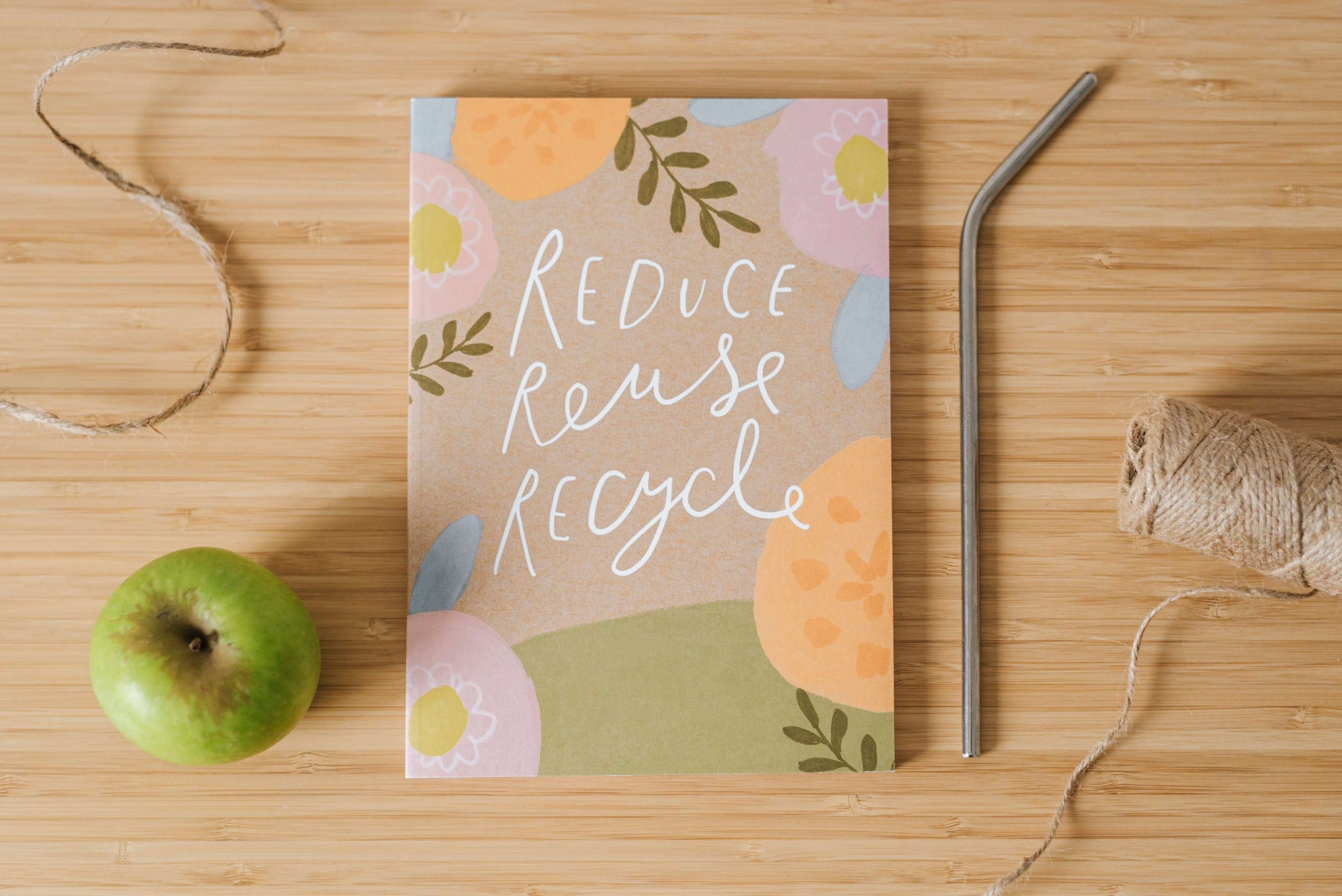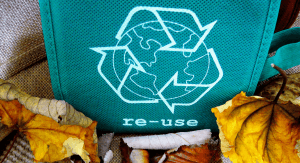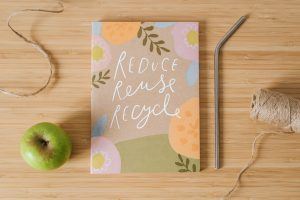Surely you have heard many times about the 3 R’s, but do you really know what this rule consists of and how it is used?
If we talk about the environment, the 3R rule is a proposal to modify our consumption habits. In short, we could say that it refers to responsible consumption and the management of our material waste.
The 3 Rs stand for:
Reduce.
The first of the Rs refers to the need to avoid the generation of waste in our daily lives as much as possible. How? Through less voracious and more responsible consumption. It is about combating the consumerist spirit that society pushes us more and more.
We give you an example! And we apply it to Fruiwa. If you avoid buying bottles and more plastic bottles in the supermarket and bet on Fruiwa and your glass bottle, you will have reduced a large amount of waste. It is time to be aware of the superfluous and value what we really need as a daily necessity.
But it is not only about generating less waste, but we can also carry out small BIG actions that will help reduce, such as:
- Reducing energy. Avoiding leaving the lights on, turning off appliances that are not in use and using appliances to the proper extent.
- Single use material. Packaging, plastic bags, plastic cups and plates…
- Polluting gases. More public transport and less individual use of the car.
Re-use.
We link reuse to a life, the longer, the better, of all the materials and devices that we generally use, before the time comes to get rid of them and start the cycle of buying, using, throwing away again. One of the Rs that many times receives less attention and we dedicate to it and is equally important for responsible consumption.
Recycle.
Easy: task that consists of the process of subjecting the materials to a transformation technique in order to use them again. In this way we manage to significantly reduce the use of new materials and with it, we also reduce waste.
It is perhaps the one that requires the greatest effort and the experts agree that it should be the last option and bet first, whenever possible, on the first two Rs. Recycling consumes resources to carry out its process and there are also materials that, although end up in the yellow container, for example, they do not always end up being recycled.
In short, the benefits of implementing the 3 R’s in your life are more than evident and we will notice it in the reduction of the ecological footprint in our civilization. But not only that, but it will also bring you economic benefits because you will reduce superfluous expenses.
How about? Do you join the change with us?




